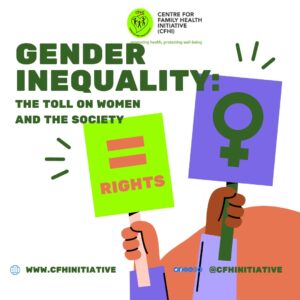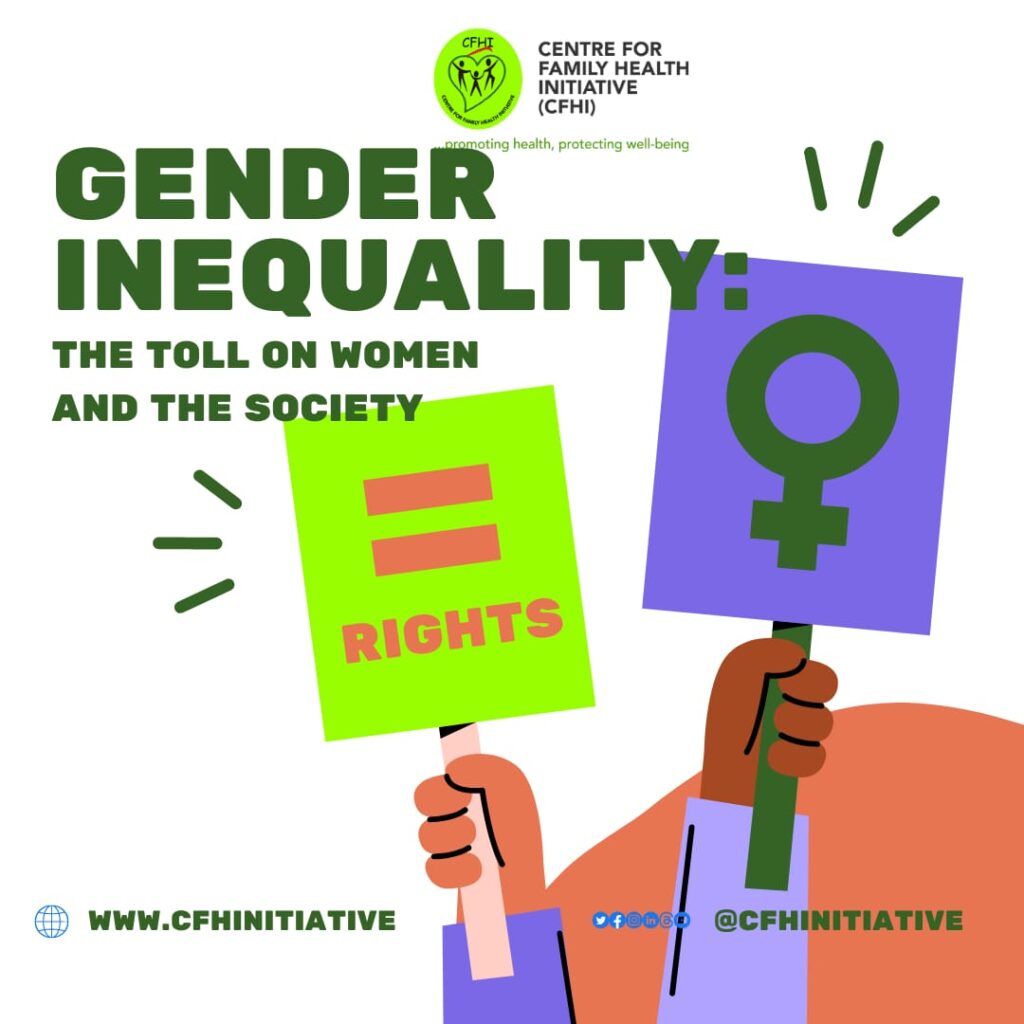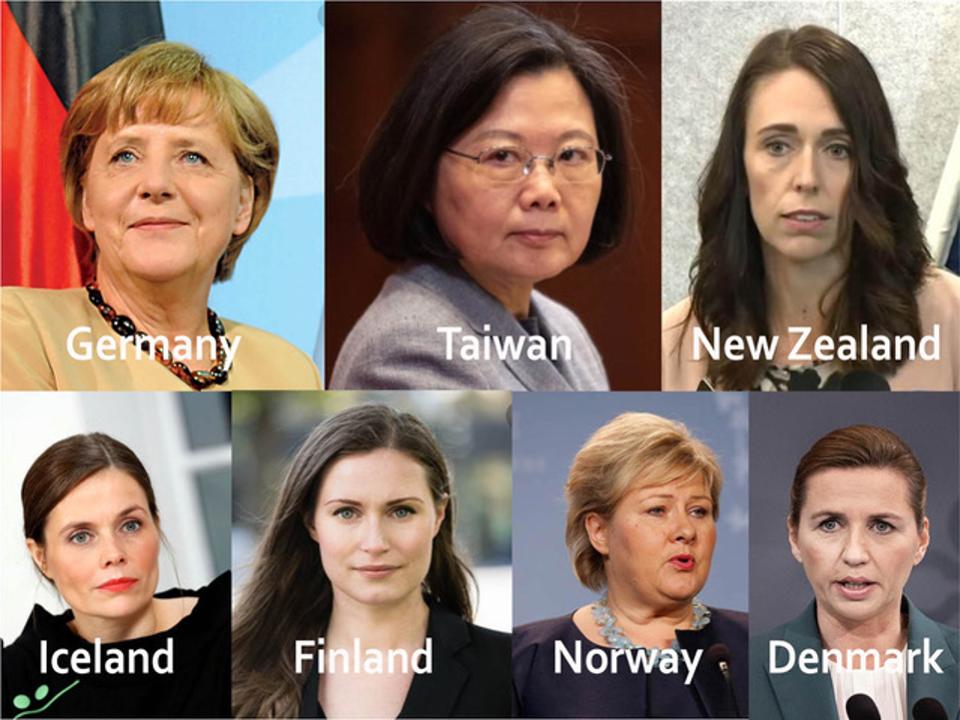Gender inequality is a pervasive issue that has plagued societies for centuries. While considerable progress has been made in recent years to address this problem, it continues to exert a profound toll on women and society at large. This article explores the multifaceted impacts of gender inequality, shedding light on the challenges faced by women and the broader repercussions for society.
1. Economic Disparities
One of the most evident consequences of gender inequality is economic disparity. Women often earn less than their male counterparts for equivalent work, leading to a persistent gender pay gap. This disparity not only affects women’s financial independence but also contributes to a cycle of poverty that can be passed down through generations.
2. Limited Educational Opportunities
In many parts of the world, gender inequality restricts women’s access to education. This lack of educational opportunities hampers their personal growth and economic prospects. Moreover, when women are denied access to education, society as a whole miss out on their potential contributions to various fields.
3. Unequal Representation in Leadership
Gender inequality is glaringly evident in the underrepresentation of women in leadership positions. Whether in politics, business, or academia, women continue to face barriers that hinder their ascent to influential roles. This imbalance deprives society of diverse perspectives and innovative solutions that women leaders can bring.
4. Health and Healthcare Disparities
Women often face disparities in healthcare access and quality, with some countries lacking comprehensive reproductive health services and family planning options. This inequity can lead to adverse health outcomes for women and their families. Furthermore, gender-based violence and discrimination can have severe mental and physical health consequences for women.
5. Unpaid Domestic Labour
Women disproportionately shoulder the burden of unpaid domestic labour, including childcare and household chores. This leaves them with less time and energy to pursue personal and professional aspirations. Society misses out on their full potential when this unpaid labour goes unrecognized and unvalued.
6. Gender-Based Violence
Gender inequality is closely linked to gender-based violence, which includes physical, sexual, and emotional abuse. The prevalence of such violence affects not only individual women but also disrupts social cohesion and contributes to a culture of fear and mistrust.
7. Hindrance to Social Progress
Gender inequality poses a significant hindrance to overall social progress. When half of the population is systematically marginalized and denied equal opportunities, society as a whole cannot reach its full potential. Gender equality is a fundamental human right and a cornerstone of a just and prosperous society.
8. The Path to Gender Equality
Efforts to address gender inequality must involve individuals, communities, governments, and institutions working together. Key steps include:
– Implementing and enforcing equal pay policies
– Promoting education and educational access for girls and women
– Encouraging women’s participation in leadership roles
– Providing comprehensive healthcare services, including reproductive health
– Recognizing and valuing unpaid domestic labour
– Combatting gender-based violence through legislation and awareness campaigns
Gender inequality takes a toll on both women and society. It hampers individual potential, perpetuates economic disparities, and fosters social injustice. Achieving gender equality is not just a moral imperative; it is essential for building a fair, prosperous, and progressive society. It is the responsibility of all individuals and institutions to work tirelessly towards a future where gender inequality is eradicated, and the full potential of all members of society can be realized.
Speak Wednesday is an initiative of CFHI to address issues around gender-based violence and gender bias.
#SpeakWednesday #GenderEquality #GenderDiscrimination #WomensFinance




